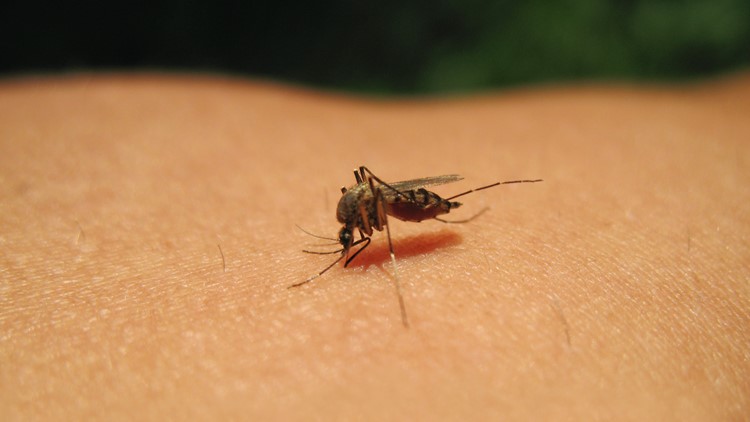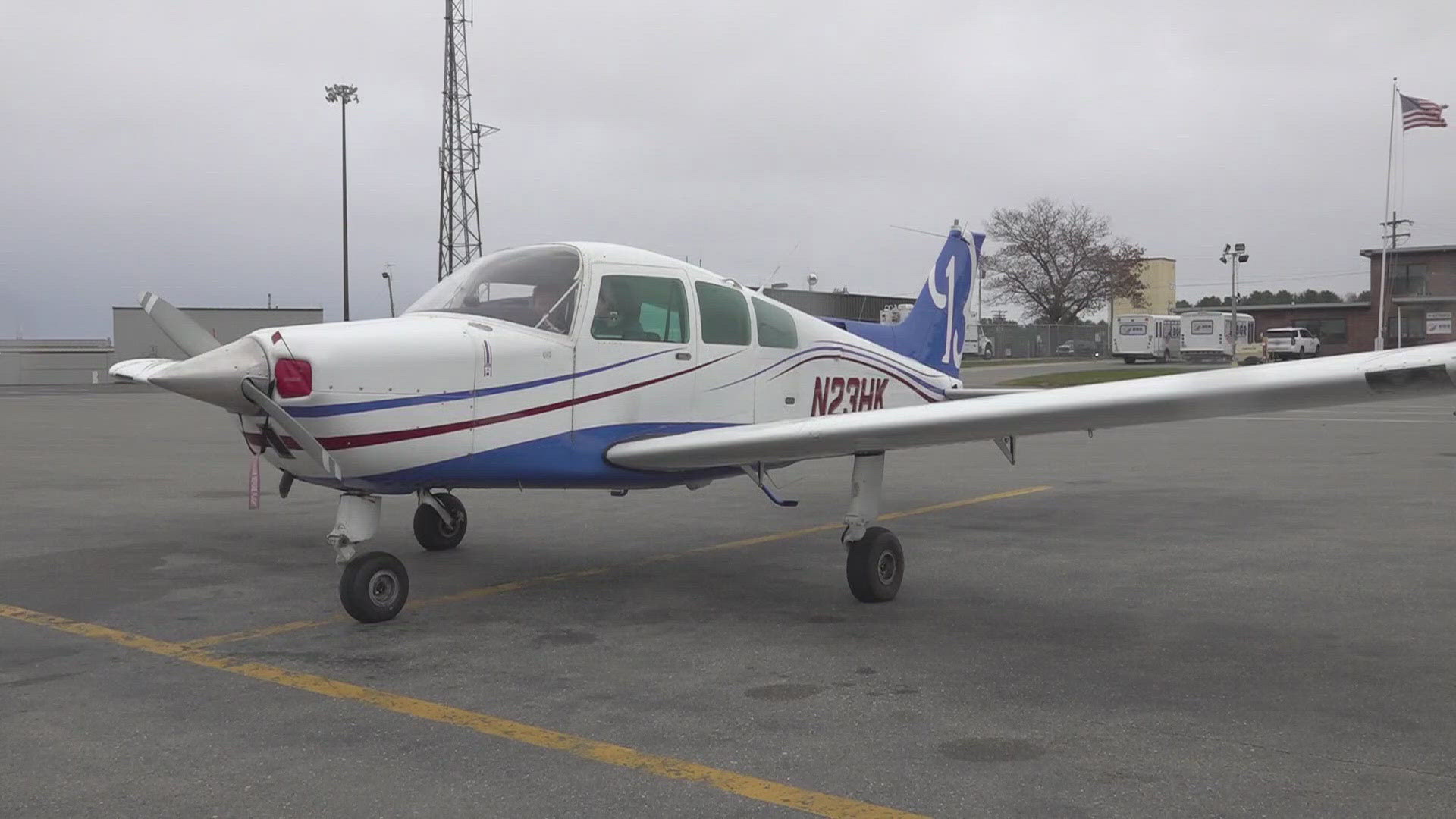CONCORD, N.H. — A horse from Northwood, N.H. has tested positive for Eastern Equine Encephalitis virus infection, according to a release sent out by the N.H. Department of Health and Human Services on Wednesday, August 28.
As a result, the Department says the risk of infection in Northwood will be raised to high, while surrounding towns like Barnstead, Barrington, Deerfield, Epsom, Nottingham, Pittsfield, and Strafford will increase their risk rate from low to moderate.
Right now, there are three mosquito-transmitted viruses present in New Hampshire, including:
- Eastern Equine Encephalitis (EEE)
- West Nile Virus (WNV)
- Jamestown Canyon Virus (JCV)
The Department says any horse living in or traveling to New Hampshire during mosquito season is at risk of getting infected with any of the three viruses -- so owners should talk to their veterinarians about vaccine schedules.
People who get sick from EEE can develop a flu-like illness, including a fever, headache, weakness, and muscle and joint pains. Central nervous system infections can also develop, like meningitis and encephalitis.
Symptoms usually show up about four to 10 days after being bitten by a mosquito, according to the Department.
The Department says EEE tends to cause a more serious disease than WNV and has a high mortality rate for people with the most serious form of the disease. Additionally, there is no specific treatment.
"With the holiday weekend approaching, we want people to enjoy outdoor activities, but it is critical for residents and visitors to take steps to prevent mosquito bites while outdoors," said N.H. State Epidemiologist Dr. Benjamin Chan in a statement. "(That includes) using an effective repellent against mosquitoes, avoiding the outdoors from dusk to dawn when mosquitoes are most active, and wearing long pants and sleeves to cover exposed skin."
Click here for more information about EEE and other mosquito-transmitted viruses from the state's DHHS website.



